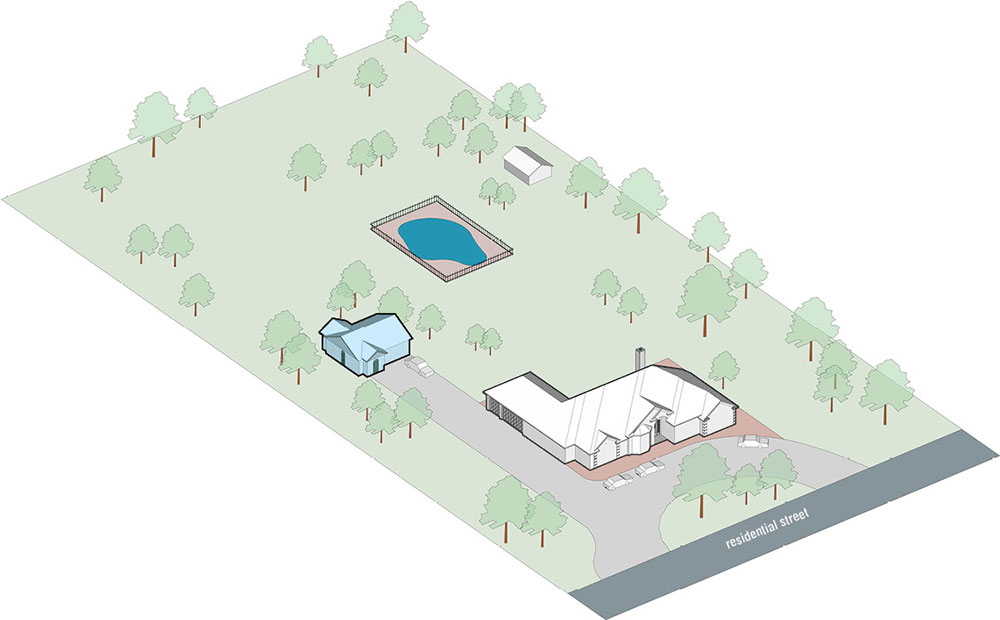Additional Residential Units (ARU), also known as additional dwelling units or accessory residential units, accessory apartments, granny flats, in-law suites, laneway suites, and/or coach houses, are self-contained residential dwelling units, with their own cooking facility, sanitary facility and sleeping area, and that it is located either within a single detached, semi-detached or townhouse dwelling (attached ARU) or within an ancillary building (garden suite). This project was an early deliverable of Housing Brampton, which aims to support the provision of age-friendly and inclusive housing that is affordable and accessible to all.
Bill 23 Conformity
The City of Brampton undertook the Policy Review to amend Additional Residential Unit (ARU) policies in the Official Plan and Zoning By-law to conform to Bill 23, the More Homes Built Faster Act, 2022, which received Royal Assent on November 28, 2022. The amendments were adopted on May 3, 2023 and are in effect.
Garden Suites
The City of Brampton completed the Policy Review to implement Additional Residential Unit (ARU) policies in the Official Plan and Zoning By-law to conform to Bill 108 More Homes, More Choice Act, 2019 and the recommendations of Housing Brampton, the City’s affordable housing strategy.
Council adopted City-Initiated Official Plan Amendment and Zoning By-law Amendment to Implement Additional Residential Units (Second Units and Garden Suites) Regulations By-laws at Council on August 10, 2022.
For information on how to apply and construct a garden suite, visit the Custom Home Garden Suites Review page or email: GardenSuites.Review@brampton.ca.
General Provisions for all ARUs
Unit Type
Detached, Semi-detached or Townhouse dwelling
Exceptions
Not permitted in:
- Lodging Houses/Group Homes
- Floodplain areas
Parking
One additional parking space for lots that contain two ARUs
No parking space required when only a second unit or a garden suite is proposed
Subject to the Registration By-law
Provisions for Garden Suites
Location
Rear or side yard only
Maximum Size
80 sq. m. for Hamlet, Estate or Agricultural zones
35 sq. m. for all other Residential zones
Setbacks
2.5m from the rear yard
1.8m from the side yard
3.0m from the principal dwelling
Height
The lesser of the height of the principal dwelling or:
7.5m for Hamlet, Estate or Agricultural zones
4.5m for all other Residential zones
Access
A 1.2m pedestrian path to the main access of the garden suite
Other
No balconies or rooftop patios
*Based on the OPA and ZBLA adopted on August 10, 2022.
Additional Residential Unit Examples
Attached ARU
Garden Suite

